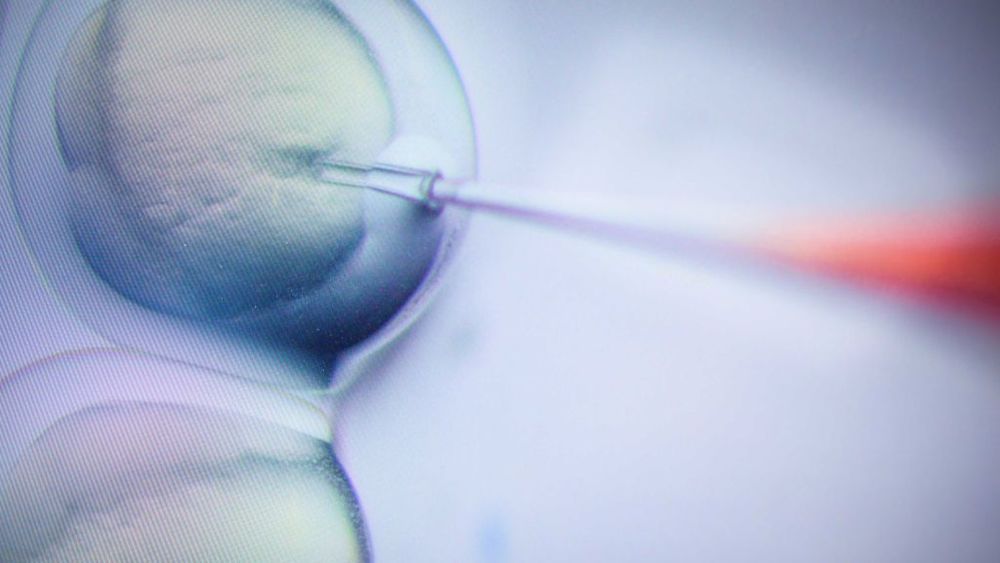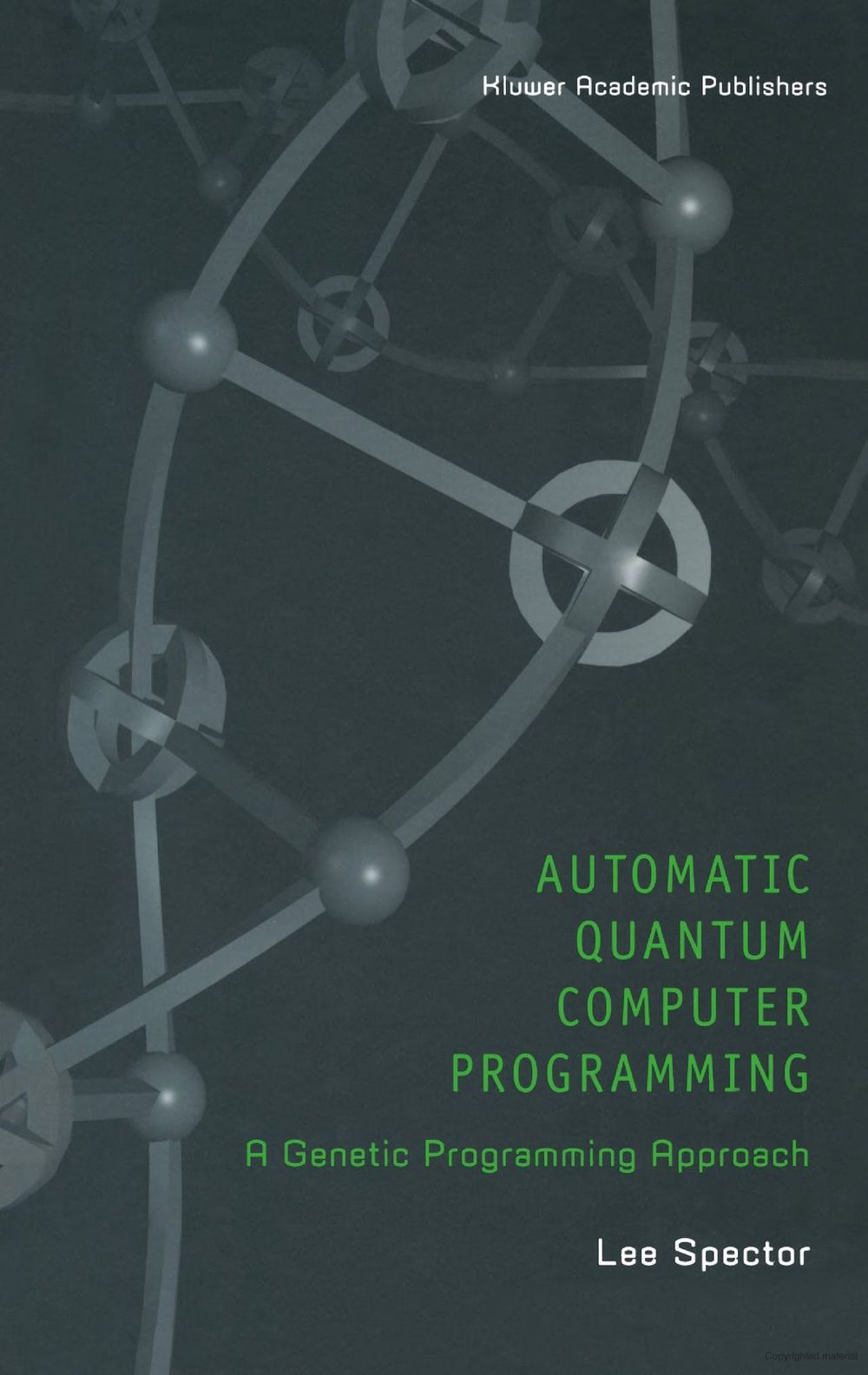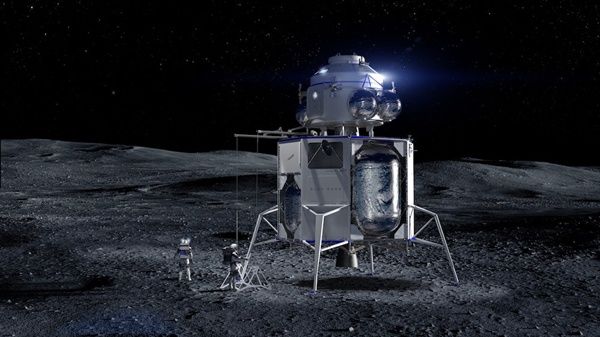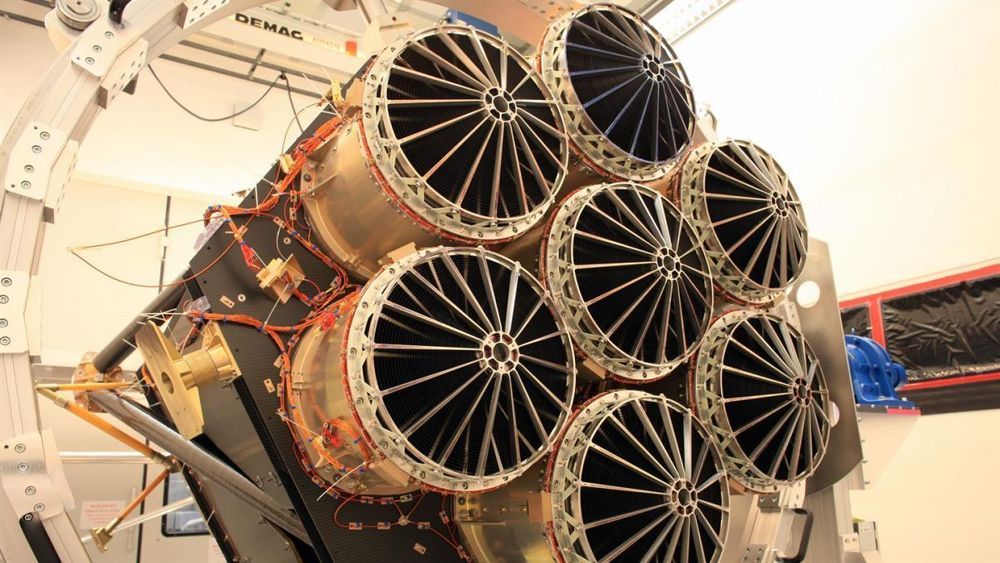They’re getting really good, really, really fast.


Scientists are engineering T-cell to fight diseases and restore the body’s immune function. (Credit: Sensu Film)





Provides an introduction to quantum computing for non-physicists, as well as an introduction to genetic programming for non-computer-scientists. The book explores several ways in which genetic programming can support automatic quantum computer programming and presents detailed descriptions of specific techniques, along with several examples of their human-competitive performance on specific problems. Source code for the author’s QGAME quantum computer simulator is included as an appendix, and pointers to additional online resources furnish the reader with an array of tools for automatic quantum computer programming.


